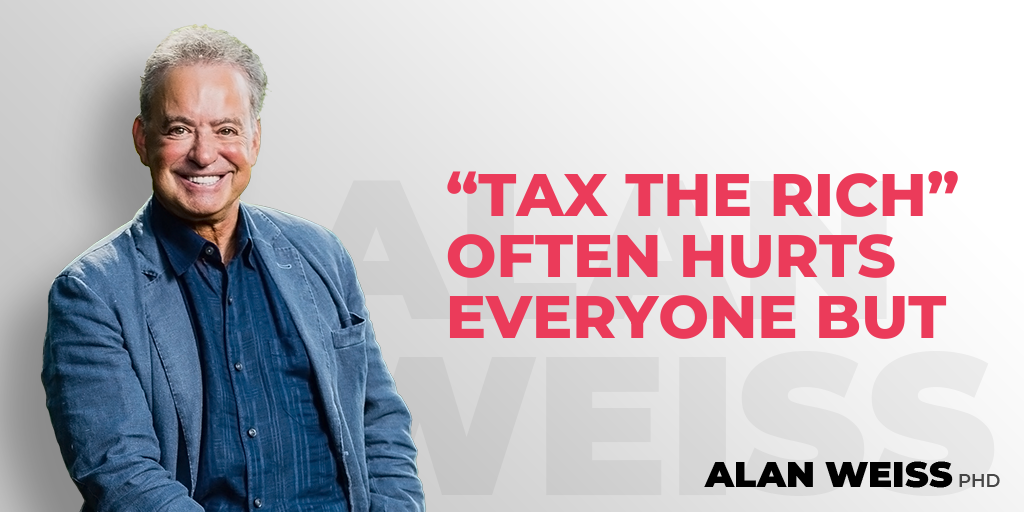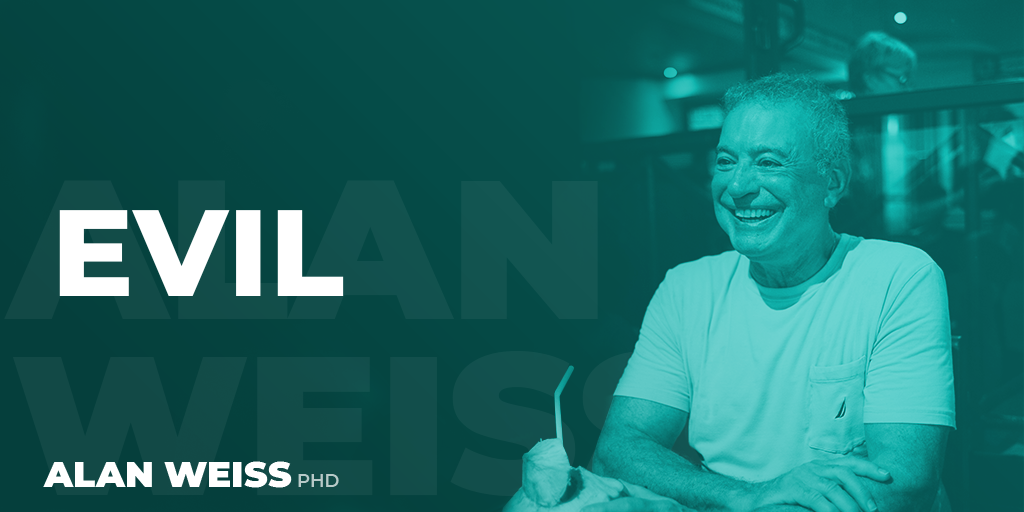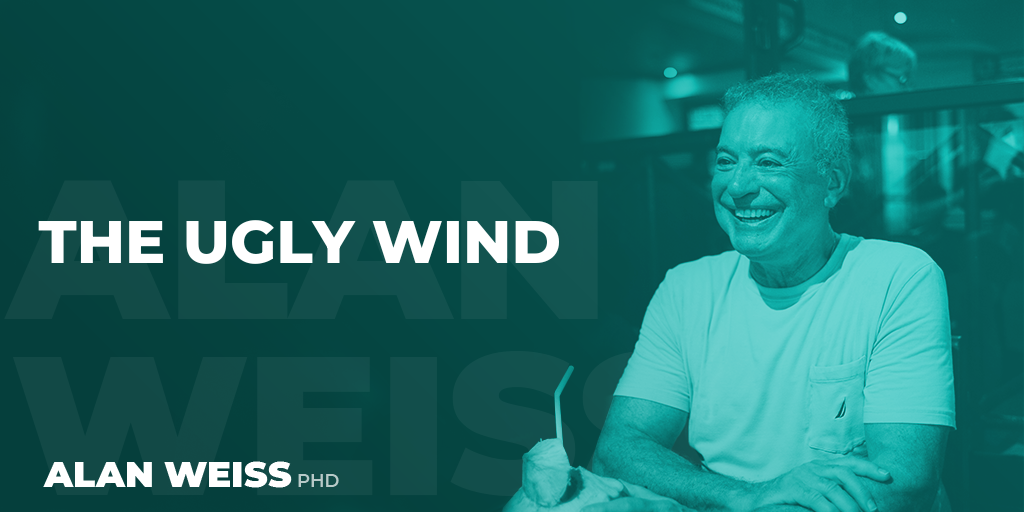
“Tax the Rich” Often Hurts Everyone But
We hear the simplistic mantra “tax the rich” from every protest group that surfaces. And there ARE income disparities that ought to be addressed, and the tax laws should be applied to all and enforced.
However, it’s not as simple as raising taxes on higher incomes. For one thing, “rich” is often legislated at $250,000 and above, and in many cases that’s just a middle class life today. For another, the truly wealthy now pay about 45% of all income taxes in the US. About 40% of households pay zero income taxes, 60% do pay taxes in some amount. (Sources from Google, https://www.statista.com/statistics/242138/percentages-of-us-households-that-pay-no-income-tax-by-income-level/#:~:text=U.S.%20households%20that%20paid%20no%20income%20tax%202022%2C%20by%20income%20level&text=In%20total%2C%20about%2059.9%20percent,paid%20no%20individual%20income%20tax.)
Finally, when tax rates are substantially raised, people put their money into tax-free vehicles (certain bonds), move it overseas, or leave the jurisdiction altogether. (That’s why people move to states with no income taxes, or leave the US.) When tax rates are lowered substantially, it’s more lucrative to invest in taxable income (stocks, for example) which raises more taxes. (Zero percent of a large number is far worse than 40%—the marginal tax rate for high income—of a definite number.)
This requires enlightened governmental interventions, not angry and uninformed chanting in the streets.





